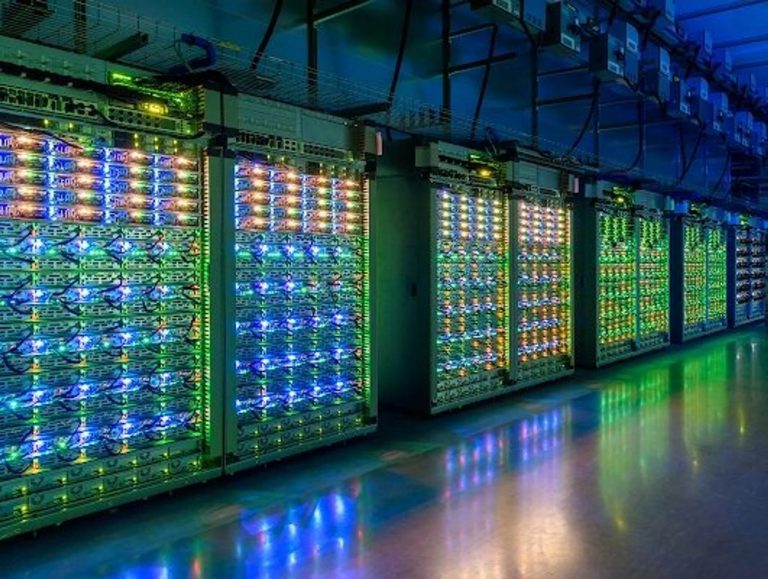
Google has canceled its plan to build a data center in Mittenwalde, approximately 30 kilometers south of Berlin, in the Berlin-Brandenburg region. The decision was announced by a Google spokesperson on July 15, 2025. The company had initially planned to construct the facility on a 30-hectare plot in the Schenkendorf district, with preliminary contracts signed in 2022.
However, after a thorough review considering feasibility, market developments, and business priorities, Google decided not to proceed with the Mittenwalde site. Instead, the company will focus on its existing data center operations in the region, where it currently rents space from third-party providers, and continue investments in its Hanau facility near Frankfurt, which opened in 2023. Posts on X suggest local concerns about stable and affordable power supply may have influenced the decision, though Google did not explicitly confirm this as the primary reason.
The data center was expected to create jobs, both during construction and for ongoing operations, in a region seeking economic diversification. The cancellation could disappoint local businesses and workers anticipating economic boosts. Google’s focus on its existing Hanau facility and third-party data centers suggests a reallocation of resources, potentially concentrating economic benefits in other regions like Frankfurt rather than spreading them to Brandenburg.
Register for Tekedia Mini-MBA edition 19 (Feb 9 – May 2, 2026).
Register for Tekedia AI in Business Masterclass.
Join Tekedia Capital Syndicate and co-invest in great global startups.
Register for Tekedia AI Lab.
The 30-hectare plot in Mittenwalde, now freed up, could be repurposed for other developments, but finding an alternative project of similar scale may be challenging in the short term. Google’s decision reflects a broader trend of tech giants reevaluating data center plans amid rising energy costs, supply chain constraints, and regulatory pressures. Posts on X hint at concerns over Germany’s power grid reliability and high electricity costs, which may have factored into the decision.
Data centers are energy-intensive, and local resistance to their environmental impact (e.g., water usage, carbon emissions) may have played a role. Google’s pivot to existing facilities could signal a preference for optimizing current infrastructure over new builds in regions with stricter environmental regulations. Competitors like Amazon, Microsoft, and local providers may fill the gap in the Berlin-Brandenburg region, potentially altering the competitive landscape for cloud services in Europe.
The cancellation may exacerbate disparities between urban hubs like Frankfurt, where Google continues to invest, and rural areas like Mittenwalde, which miss out on promised development. Rural communities often hope for tech-driven economic revitalization, but such projects can bypass them due to logistical or political challenges. Rural areas like Mittenwalde may lack the robust energy or digital infrastructure needed to support large-scale data centers, reinforcing a divide where urban centers dominate tech investments.
Data centers’ high energy and water consumption often spark local opposition, as seen in various European projects. This creates a divide between tech companies pushing for digital infrastructure and communities prioritizing sustainability or local resource preservation. Tech giants like Google face skepticism about their intentions, with locals questioning whether economic promises outweigh environmental or social costs.
Google’s decision to prioritize existing facilities aligns with global efficiency goals but may neglect local economic aspirations in Brandenburg. This reflects a broader tension where multinational corporations’ strategies don’t always align with regional priorities. Germany’s high energy costs and push for renewables create a challenging environment for energy-intensive projects. This pits global tech demands against local energy policy, with some X users noting Germany’s struggle to balance industrial growth with green goals.
Google’s cancellation of the Mittenwalde data center underscores the complex interplay between economic ambitions, environmental concerns, and regional disparities. While the decision may streamline Google’s operations, it risks widening divides between urban and rural areas, tech giants and local communities, and global corporate strategies versus local needs. Policymakers and tech companies will need to address these tensions—through better energy infrastructure, transparent community engagement.



